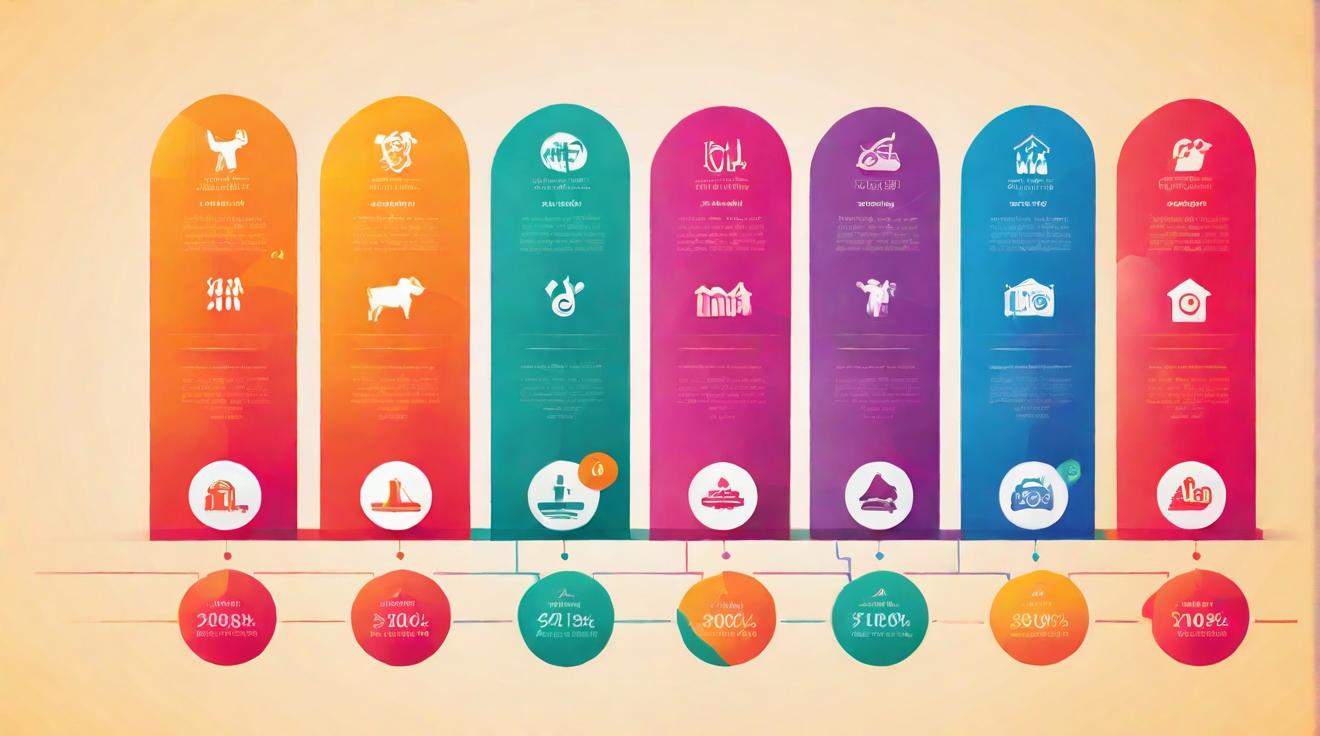Guide to Divorce and Finances: Navigating the Split
Assessing Assets: A Comprehensive Overview of Financial Considerations in Divorce
When going through a divorce, it is essential to assess the assets and financial considerations that will be at stake. This comprehensive overview will help individuals navigate the complexities of dividing their finances. First and foremost, it is crucial to create an inventory of all assets, including bank accounts, investments, properties, and any other valuable possessions. This will provide a clear picture of what needs to be divided and may require the assistance of financial professionals to ensure accuracy.
Additionally, individuals should consider the tax implications of dividing assets. Certain assets, such as retirement accounts or investments, may have tax consequences when divided. Seeking advice from a tax specialist can help individuals understand the potential tax liabilities and plan accordingly. It is also important to consider the long-term financial impact of dividing assets. For example, selling a family home may provide immediate financial relief, but individuals must also consider their future housing needs and potential fluctuations in the real estate market.
Divorce Settlements: Understanding the Financial Implications of Separation
Divorce settlements play a crucial role in determining how assets and finances will be divided between parties. It is essential to understand the financial implications of these settlements to ensure a fair outcome. The first step is to gather all relevant financial information, including income, expenses, and debts. This will provide a basis for negotiating the division of assets. Individuals should consider the lifestyle they want to maintain post-divorce and how their financial situation will support that.
It is also important to note that the division of assets is not always an equal split. Courts may take into account factors such as the length of the marriage, each party’s earning potential, and any potential financial sacrifices made during the marriage. Seeking the assistance of a financial advisor or mediator can help individuals navigate the negotiation process and ensure a fair outcome. Lastly, individuals should carefully review any proposed settlement agreements before signing, seeking legal advice if necessary.
Legal Support: How to Approach Divorce and Finances with Expert Advice
Navigating divorce and finances can be complex, and seeking legal support is crucial to protect one’s interests. Hiring a divorce attorney who specializes in family law can provide individuals with the expertise needed to navigate the legal aspects of the process. A divorce attorney can assist in understanding the legal rights and obligations related to finances, such as child support, spousal support, and property division.
It is important to choose an attorney who has experience in handling divorce cases and understands the intricacies of financial matters. They can help individuals gather the necessary financial documents, negotiate settlements, and advocate for their client’s best interests. Additionally, legal support can also provide emotional support during this challenging time, allowing individuals to focus on rebuilding their lives.
Splitting Debts: Navigating the Complexities of Shared Financial Responsibilities
Divorce not only involves dividing assets but also splitting debts and shared financial responsibilities. It is important to approach this process carefully to avoid any unnecessary financial burdens. The first step is to identify all debts, including credit card balances, loans, and mortgages. Both parties should obtain a credit report to ensure all debts are accounted for.
When dividing debts, it is crucial to consider each party’s ability to repay them. For example, if one party will be solely responsible for a mortgage, they should have the means to make the payments. In some cases, it may be necessary to transfer the debt to a new account or refinance loans to remove one party’s obligation.
It is advisable to seek legal advice during this process to ensure a fair division of debts and to prevent any future liability for unpaid debts. A lawyer can help negotiate the terms of debt division and ensure that all necessary steps are taken to protect each party’s financial well-being.
Financial Independence: Building a Stable Future Amidst a Divorce
As individuals navigate through the process of divorce and finances, it is essential to plan for a stable future and financial independence. This can be achieved by taking certain steps to secure one’s financial well-being. Firstly, it is crucial to create a new budget that reflects the individual’s post-divorce financial situation. This budget should include all necessary expenses, such as housing, utilities, transportation, and childcare.
Individuals should also review their financial accounts and update beneficiary designations, wills, and insurance policies to reflect their new circumstances. This will ensure that their assets are protected and distributed according to their wishes.
Additionally, individuals should prioritize building an emergency fund to provide a safety net in case of unexpected expenses or changes in income. This fund can help individuals maintain financial stability during the transition period.
Lastly, seeking the assistance of a financial planner can provide individuals with guidance on long-term financial planning, such as saving for retirement or college education. By taking these steps, individuals can lay the foundation for a stable and independent future.













